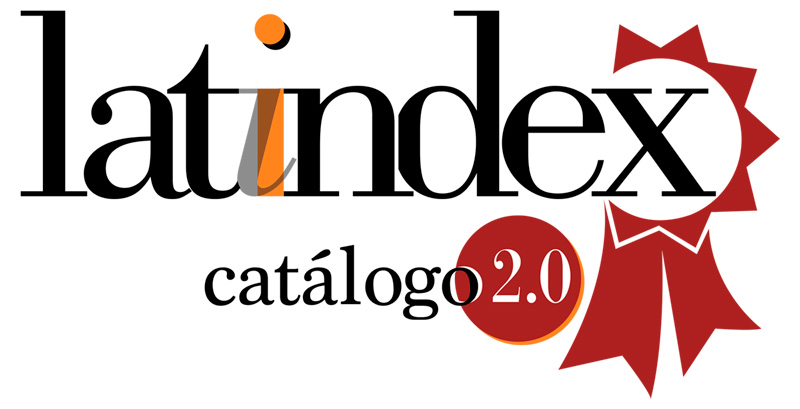Popular Demobilization in Martín Rivas (1862): Social Rise, Censorship and Omission in the Popular Bourgeois Project of Alberto Blest Gana
DOI:
https://doi.org/10.35626/cl.18.2021.295Keywords:
Bourgeoisie, Society of Equality, Picholeo, Aristocracy, Imagined CommunitiesAbstract
This article analyzes the bourgeois national project developed by the Chilean intellectual and politician Alberto Blest Gana in his classic novel Martín Rivas (1862). The main character of the novel, Martín Rivas, getting involved with liberal organizations such as the Society of Equality, national customs such as the Independence Day or the Picholeo, different social groups such as the popular class and the ruling class, imagines the immobility of the people in these new independent nations and their inability to build their own destiny and acquire their own identity. Likewise, the national proposal of Blest Gana imagines the redemptive role of the bourgeois to civilize and to tame the barbarized popular classes. Finally, the popular groups, silenced and deformed, can only aspire to a future in a liberal society under the tutelage of the dominant groups, without the possibility of self organization.








